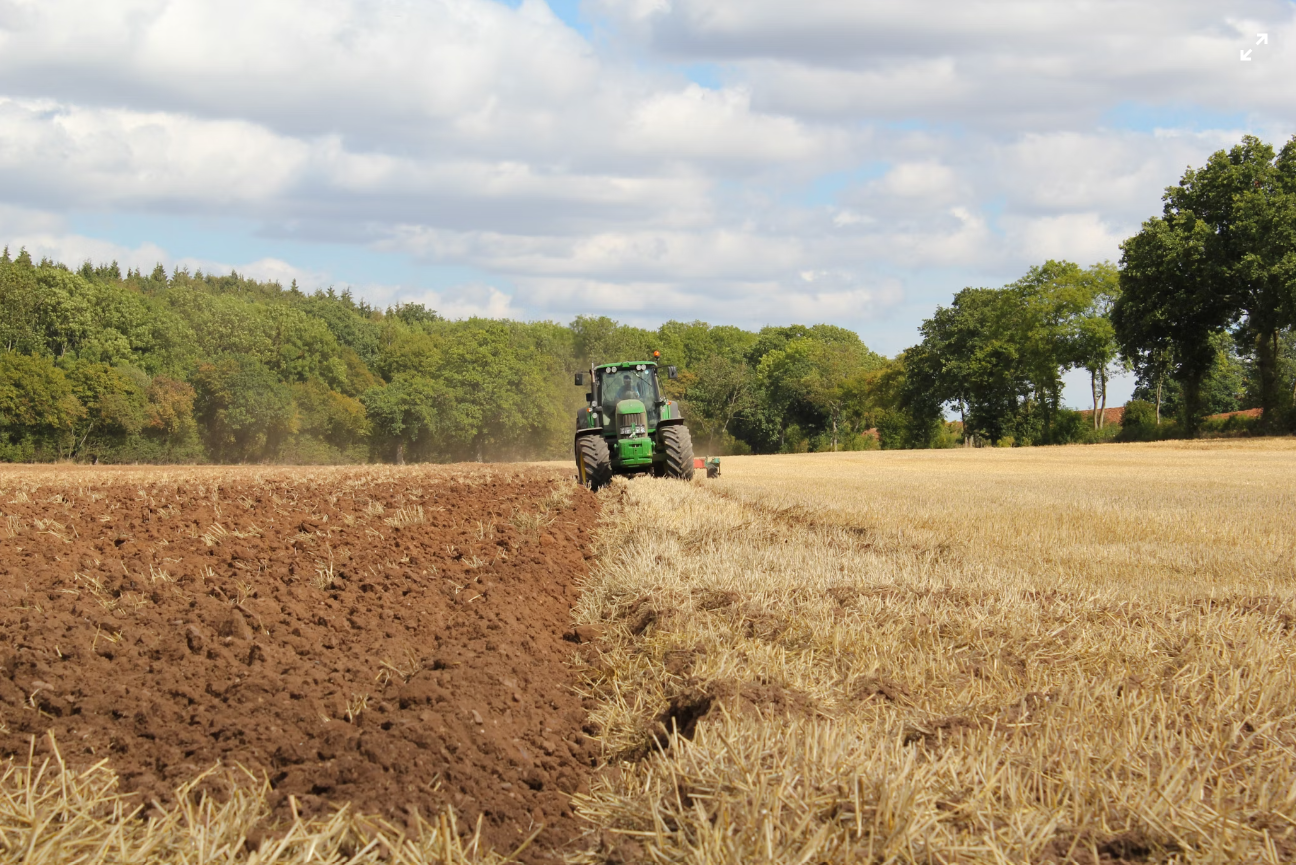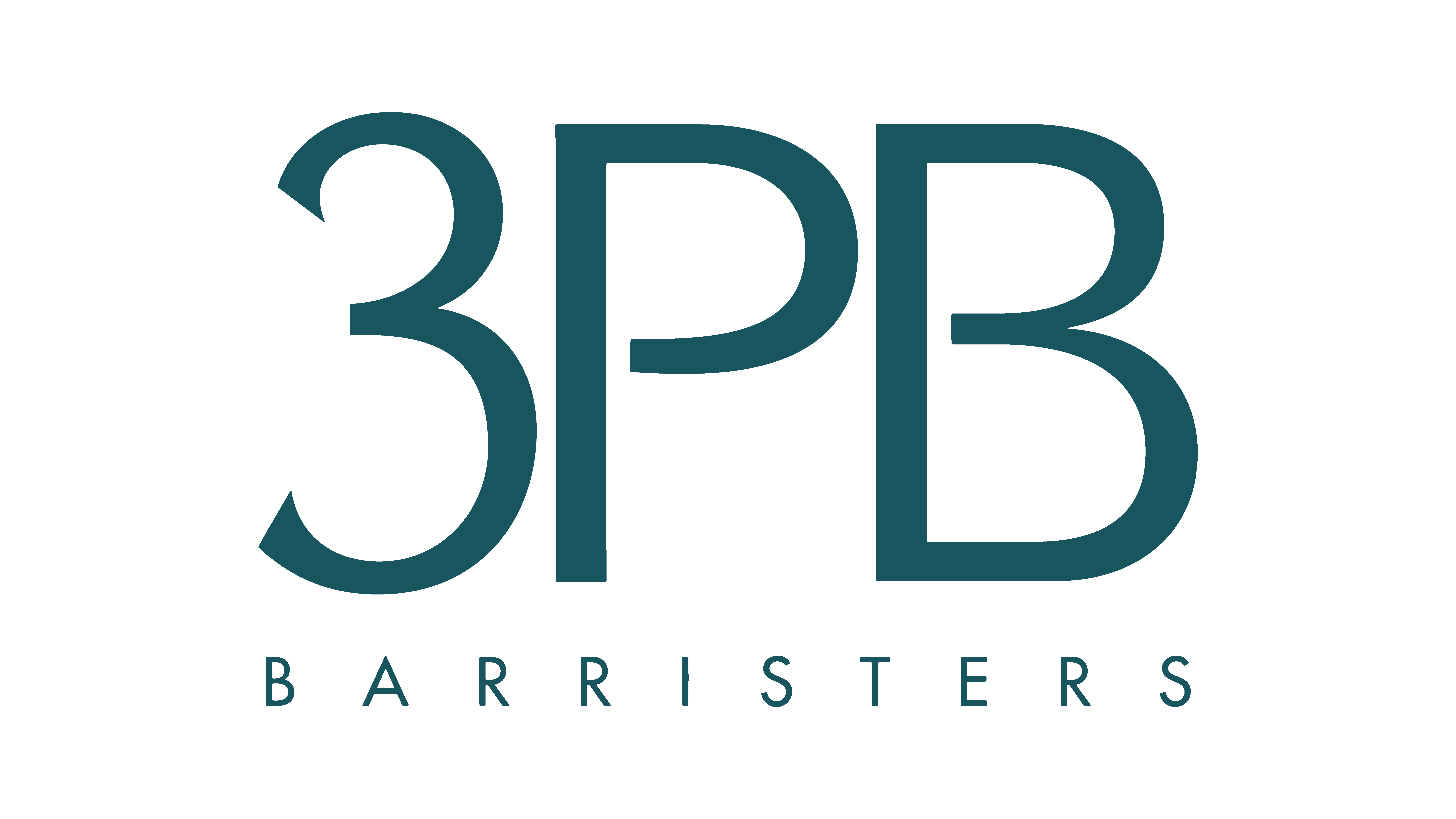Knowledge Hub
Join the Conversation!
Impartial and independent, ThoughtLeaders4 Disputes Knowledge Hub hosts cutting edge industry content and insight.
Email maddi@thoughtleaders4.com to submit content.
Farming Families & Inheritance: Disputing Estates Until The Cows Come Home
Date: 21/11/2023 Type: Articles Topic: Private Client | Investment and HNWI’s |What is proprietary estoppel?
Proprietary estoppel is a means by which a person can seek to establish an interest in property. It typically arises where an owner encourages another person to act to their detriment in the belief that they will obtain an interest in the property in the future.
In order to succeed in an argument of proprietary estoppel, there are three hurdles to overcome:
- Assurance – The owner, typically a parent in the context of a farming family, must induce, encourage or allow the other person (again typically a child) to believe that they will one day come to own a share in the farm. That assurance can arise in a number of ways, for example by the parent actually making that assurance to the child (for example “one day this will all be yours”) or alternatively by the parent encouraging the child to invest in the farm, or perhaps to refrain from pursuing other careers and instead commit to working on the farm.
- Reliance – The child must rely on the assurance, i.e. there must be enough of a connection between the promise of the farm in the future and the child (for example) investing in the farm or giving up their alternative career, and the child must take those steps because of that encouragement.
- Detriment – Detriment must be suffered by the child and that detriment need not be financial.
Why does proprietary estoppel arise in farming families?
The business structure
A family agricultural business is an atypical one in that it is extremely close knit. Landowners, usually parents, will work long hours on the farm with the assistance of their children, who will often make significant sacrifices to do so with little to no remuneration. This is often on the basis or understanding that one day, they will inherit the farm.
Bubbling tensions
When landowning parents pass away, and the time comes to pass down the family farm to the next generation, a number of issues and disagreements can arise between those expecting to inherit a share of the land. Whilst more common contentious probate disputes can still arise in a farming context, for example challenges to the validity of a Will or claims under the Inheritance Act, the inheritance of agricultural holdings lends itself to the less frequently pleaded argument of proprietary estoppel because promises are made, and later broken, by parents. If there is one child who feels they have spent more time, energy and money on the farm throughout their lifetime, those tensions can come to ahead after a parent passes away.
Informality
Matters can be exacerbated where there is little to no paperwork in respect of the farm (for example a farming partnership agreement or partnership accounts), and/or where there is no formal evidence (see below) of any agreement as to how the land will pass upon the death of the owner.
Inadequate succession planning
Proprietary estoppel is also particularly rife in farming families due to inadequate succession planning, with owners often passing away without a will giving effect to their testamentary intentions. Where the intestacy rules apply, a farm can pass to unintended beneficiaries, perhaps other children who have never worked on the farm in their life.
Evidence
Evidence is fundamental to establishing a successful claim in proprietary estoppel and a lack of cogent, contemporaneous evidence can be fatal to a claimant.
In an ideal world, the parties will have a written agreement in place as to what is to happen with the farm upon the owner’s death. More often than not, that is not the case.
Whilst it is possible for an estoppel to arise during a person’s lifetime, more commonly the person making the promise has passed away. The key witness is therefore not available to give evidence.
A claimant therefore needs to gather as much contemporaneous evidence as possible, extending to text and WhatsApp messages, letters, emails and any other written communications or documents relating to the assurances, reliance and detriment having taken place.
In some circumstances, there is no written evidence at all, and so a claimant is entirely reliant on the evidence of those close to the parties involved and who may have witnessed conversations about what is to happen with the farm in the future.
Even after establishing a claim, and even with cogent evidence supporting the same, there remains a complexity and discretionary element to proprietary estoppel cases and parties cannot be guaranteed that they will achieve the outcome they desire.
It follows that parties are well advised to carefully consider the options available to them in both avoiding a potential dispute before the event and, where one has already arisen, the alternatives to a court determination.
Avoiding a dispute – top tips
- Ensure that expectations are clear and that there are frank, open conversations as to what is expected of family members within the business and how their remuneration is quantified and guaranteed.
- If part of the work being undertaken for a family member is to be paid for by a future interest in the property or business and that this is taken into account within the actual pay being received, ensure all parties understand how that interest is quantified and protected in all scenarios.
- Consider whether it is appropriate to enter into a partnership agreement.
- Consider whether a transfer of shares in the family business is appropriate and whether there should be a shareholders’ agreement (see our article here) relating to the same.
- Consider whether there should be an outright transfer of residential property or real estate to reflect the agreement reached.
- Consider settling property into trust to provide protection.
- Consider whether there should be a formal employment contract making clear remuneration, hours, duties and responsibilities.
- Consider whether pre or postnuptial agreements (see our article here) are required to protect the wider family interests.
- Ensure that the relevant family members’ wills are up to date, with letters of wishes explaining the testator’s intentions, and reviewed regarding the risk of claims under the Inheritance Act.
- Ensure that tax advice has been obtained and implemented in respect of any new/existing arrangements.
David is a Principal Associate in Weightmans’ Disputed Wills, Trusts and Estates team and deals with a wide range of complex contentious trust and estate disputes. For more details visit https://www.weightmans.com/people/david-mcguire/.
Author
David McGuire - Weightmans
Our Disputes Corporate Partners






















